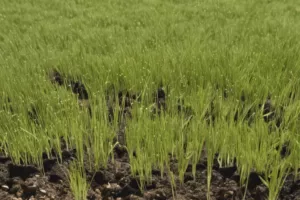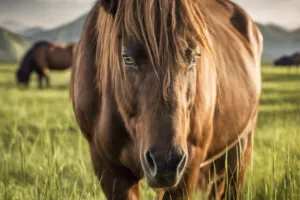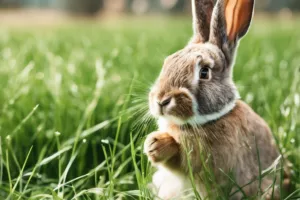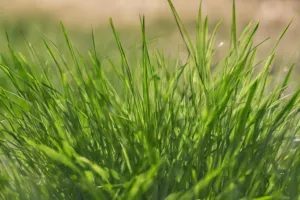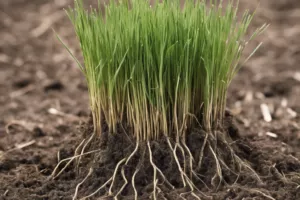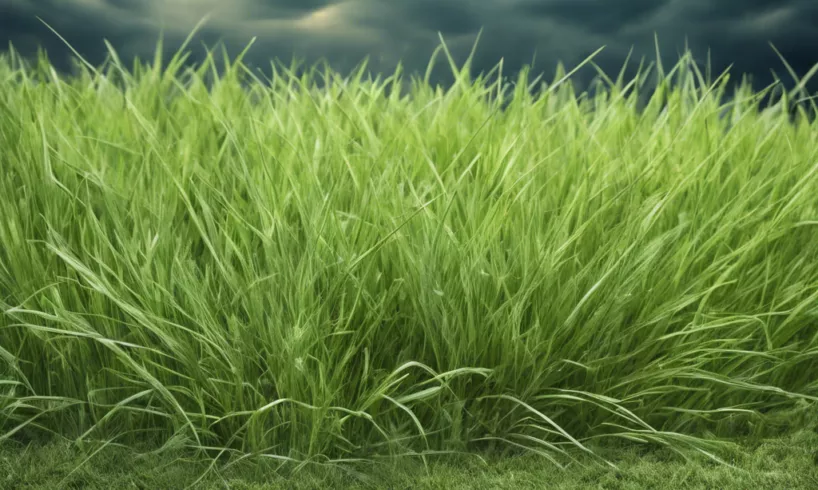
Understanding the Dominant Nature of Buffalo Grass
Buffalo grass is a warm-season perennial grass native to the Great Plains and is widely recognized for its ability to thrive in a variety of soil types and climates. This grass species, scientifically known as Bouteloua dactyloides, is known for its drought tolerance, low maintenance requirements, and its ability to spread quickly, making it a popular choice for lawns and landscapes across many regions. One major question that often arises is whether buffalo grass will take over other grass species. This is a valid concern as its aggressive growth habit can lead to a dominance over other grass varieties in a mixed lawn or landscape.
Characteristics of Buffalo Grass That Contribute to Its Dominance
Drought Tolerance
Buffalo grass is extremely drought-tolerant. It can survive in arid conditions where many other grass species would struggle to survive. This characteristic makes it a dominant contender in dry climates or during periods of low rainfall.
Growth Habit
Buffalo grass grows via stolons, above-ground stems that can easily spread across the ground and take root at various points. This growth habit allows it to spread quickly, covering a wide area in a relatively short amount of time.
Low Maintenance Requirements
Buffalo grass requires less water, fertilizer, and mowing than many other grass species. Its ability to thrive with minimal care makes it a dominant grass variety in many lawns, particularly those in regions where water conservation is a priority.
Considerations for Mixing Buffalo Grass with Other Grass Varieties
While buffalo grass can indeed take over other grasses, this doesn’t mean that it’s impossible to maintain a mixed lawn. Here are some considerations for specific groups or situations:
Climate and Soil Compatibility
The grass species you are mixing with buffalo grass should be compatible with the same climate and soil conditions. For example, pairing buffalo grass with another drought-tolerant grass species may produce better results than mixing it with a species that requires frequent watering.
Grass Maintenance
Regular lawn maintenance can also help keep buffalo grass in check. This may include periodic mowing and targeted watering of the areas where the other grass species are located.
Practical Tips for Managing Buffalo Grass
Regular Mowing
Regular mowing can help control the spread of buffalo grass. While it is a low-maintenance species, mowing it regularly can prevent it from taking over your lawn completely.
Strategic Watering
Buffalo grass thrives in dry conditions, so strategic watering of other grass species can help them compete. Depending on the other species in your lawn, you may need to water these areas more frequently to help them thrive.
Professional Advice
If you’re unsure about how to manage buffalo grass in your lawn, consider seeking professional advice. A lawn care specialist or local extension service can provide tailored advice based on your specific circumstances and the grass species in your lawn.
Alternative Grass Species
If you’re concerned about buffalo grass dominating your lawn, consider using alternative grass species that can compete with it. For example, Bermuda grass is a warm-season grass that can effectively compete with buffalo grass in terms of growth and spread.
In the continuous search for a perfect lawn, understanding the dominant nature of buffalo grass is key. While it can potentially take over other grasses, with the right strategies, you can maintain a healthy, diverse lawn.

Bob Green, a passionate lawn care enthusiast with over two decades of landscaping experience, is this website’s proud owner. His vast knowledge of horticulture and dedication to helping homeowners maintain beautiful lawns are reflected in the valuable content he shares on his platform. John has always been interested in Agrostology.









